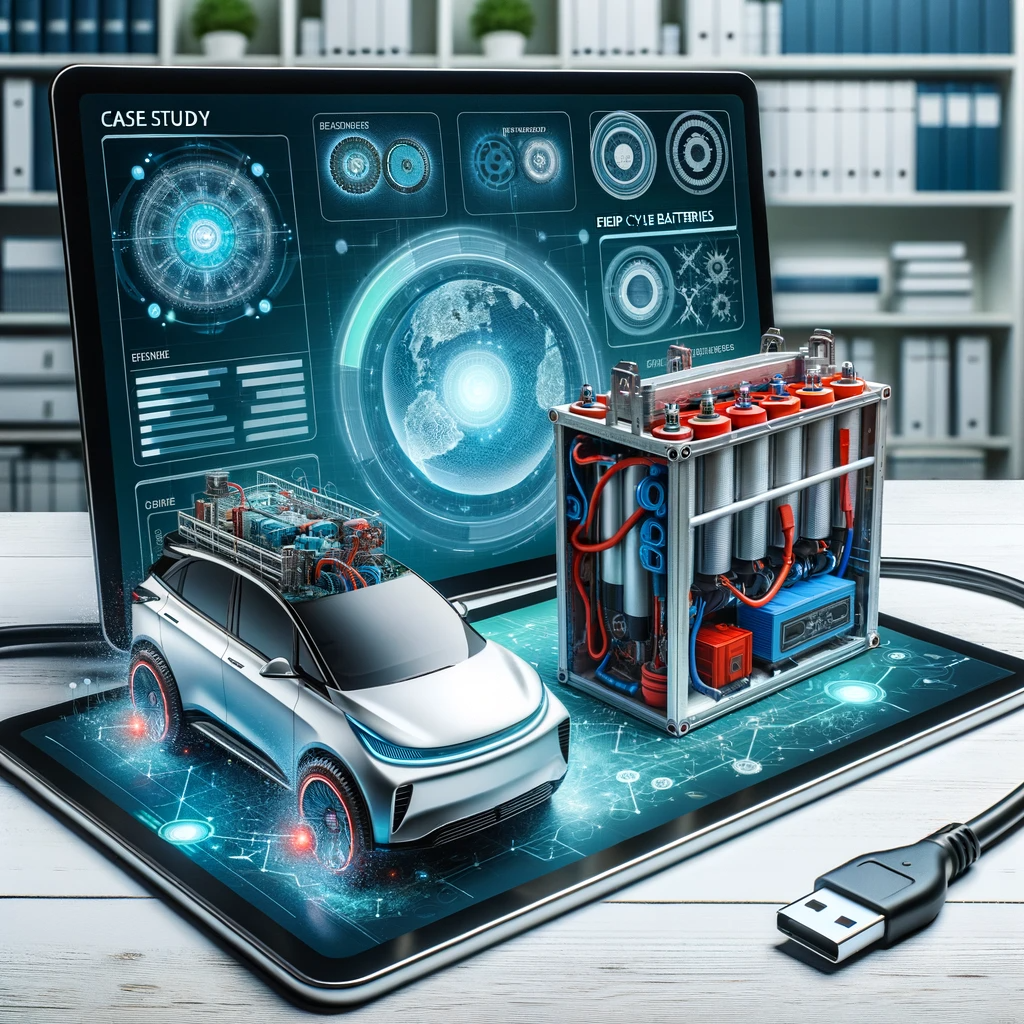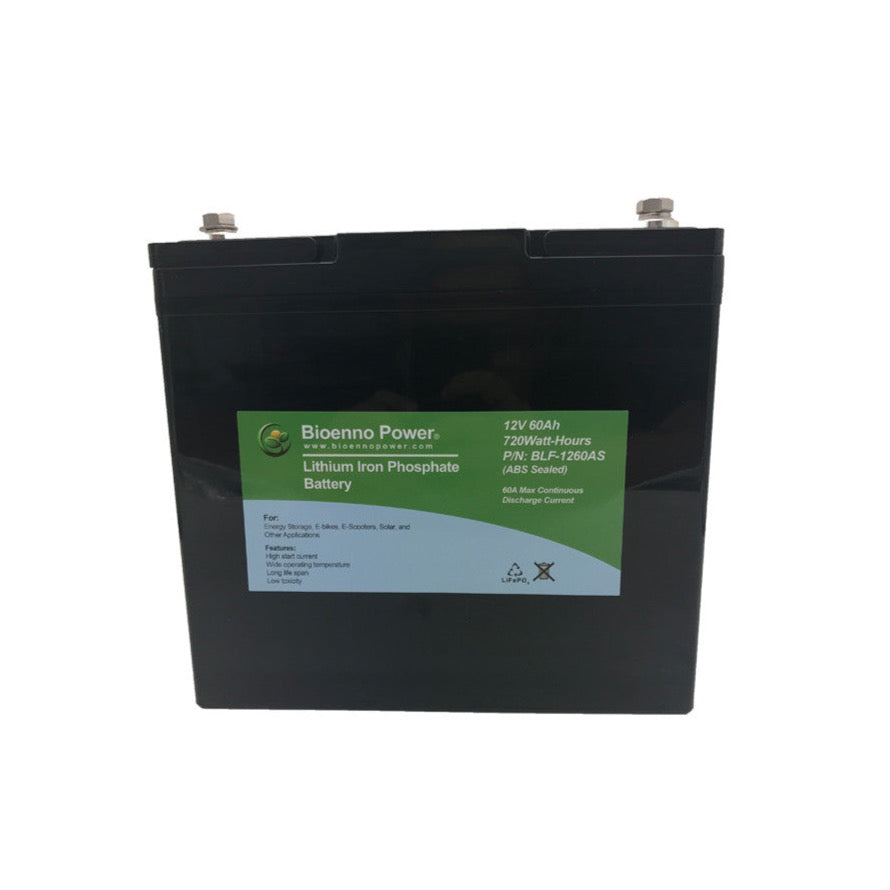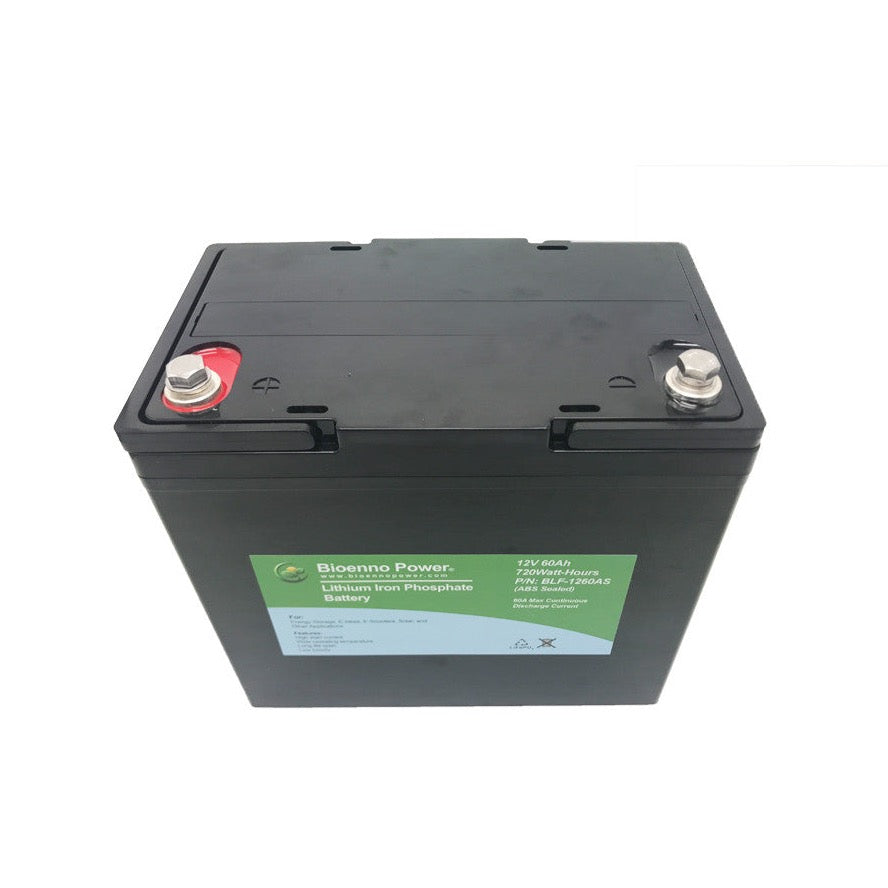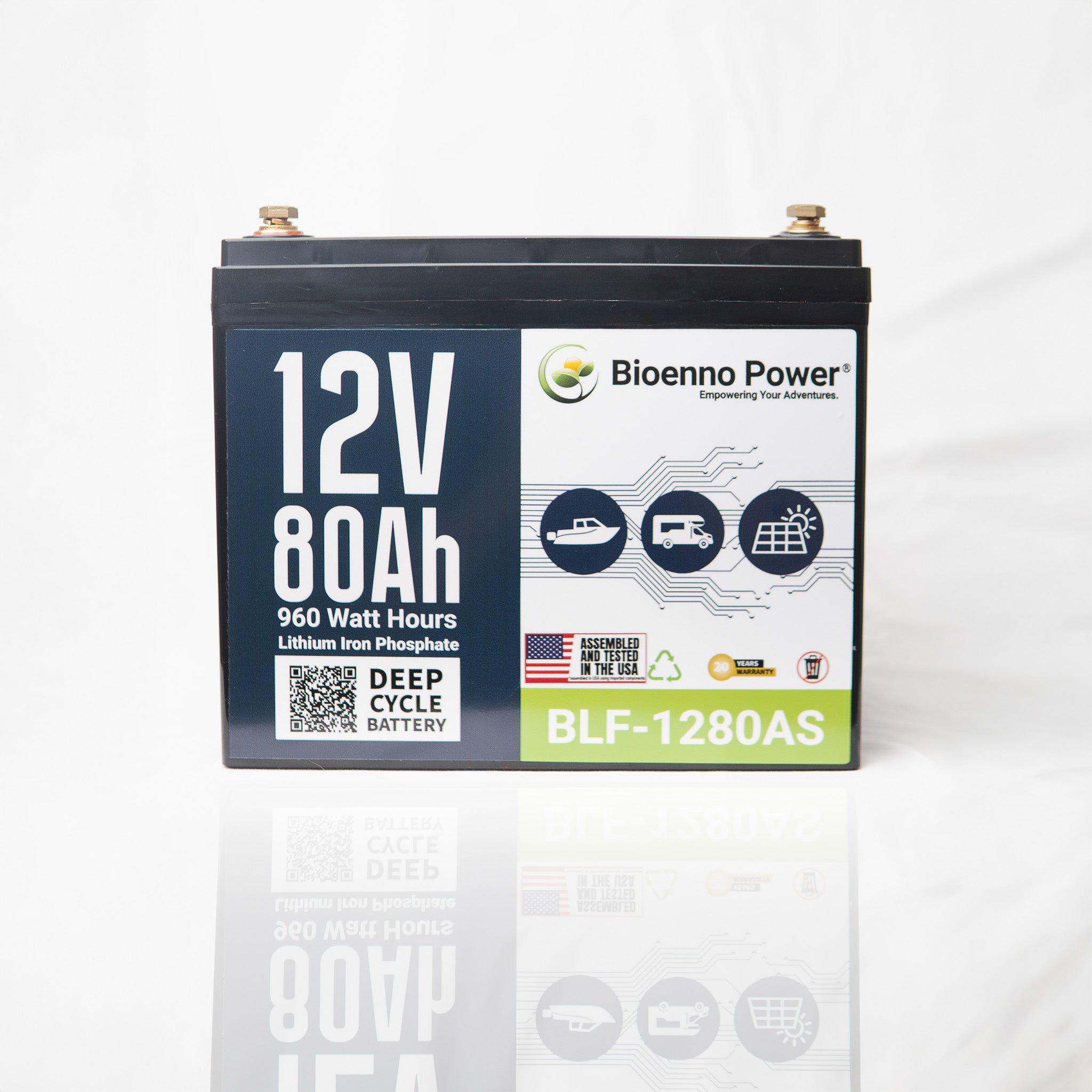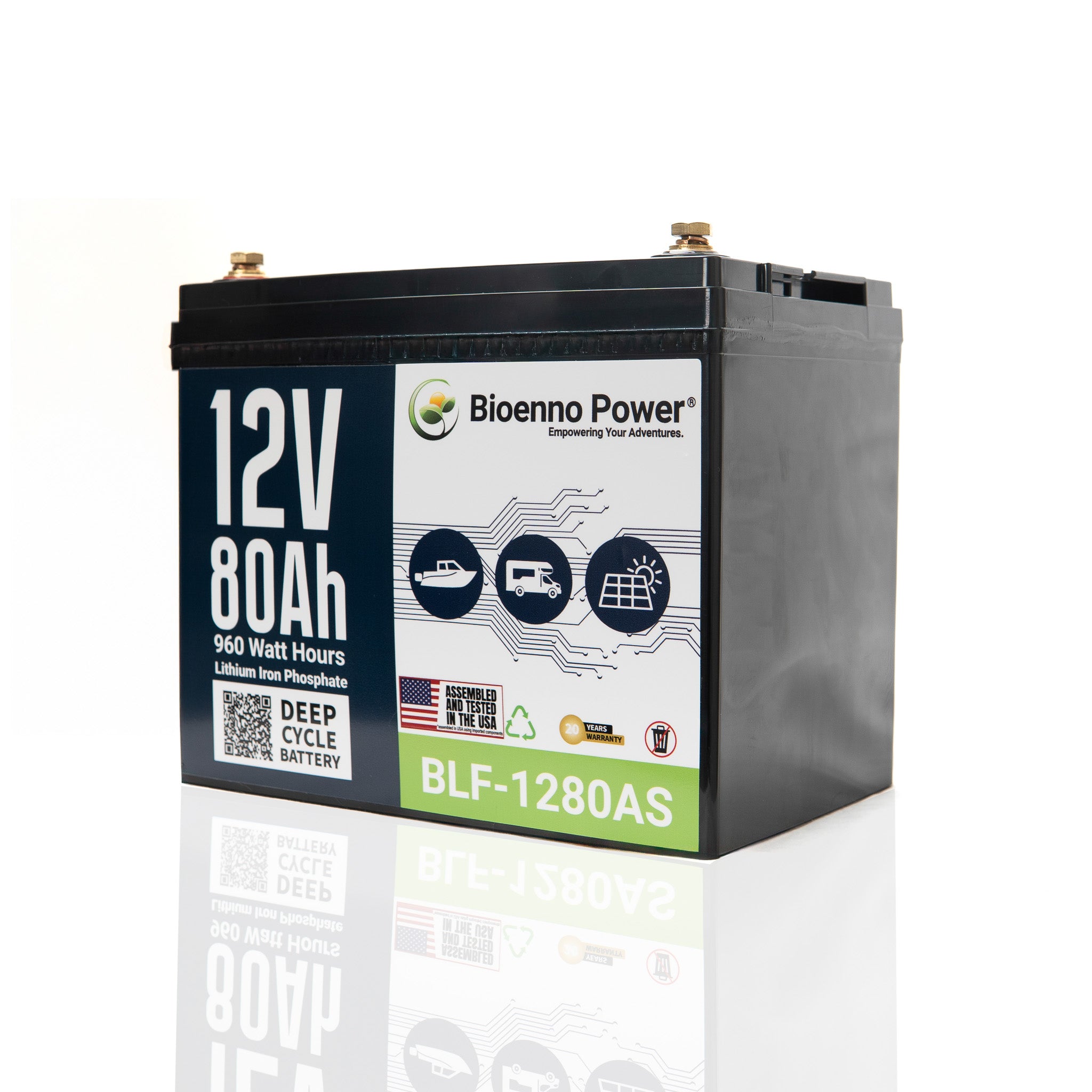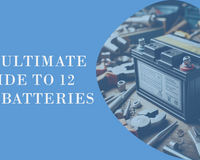As individuals seek eco-friendly alternatives to traditional gas-powered cars, EVs have emerged as a compelling option. One crucial aspect of electric vehicles that often goes overlooked is the choice of batteries. In this comprehensive case study, we delve into the intriguing realm of deep cycle batteries and their application in electric vehicles. Whether you're an avid boater, camper, robotics enthusiast, ham radio operator, or someone intrigued by off-grid power solutions, this article will shed light on how deep cycle batteries can transform the EV landscape.

Understanding Deep Cycle Batteries
Exploring the Basics
Deep cycle batteries are a distinct breed in the battery world. Unlike their counterparts, such as starting batteries, deep cycle batteries are designed to be discharged and recharged repeatedly without sustaining damage. This unique characteristic makes them ideal for applications where a steady, long-lasting power supply is crucial. Learn more about the Difference Between a Deep Cycle Battery and a Regular Battery
How Do They Work?
Deep cycle batteries operate on a fundamentally different principle compared to traditional car batteries. They employ thicker lead plates and are built to deliver a sustained flow of energy over an extended period. This makes them suitable for powering the electric motors of EVs.

The Marriage of Deep Cycle Batteries and Electric Vehicles
Enhancing Range and Efficiency
One of the primary benefits of using deep cycle batteries in electric vehicles is the substantial increase in range. These batteries can store more energy and discharge it at a consistent rate, ensuring that your EV can go the extra mile – literally.
Sustainable Charging Solutions
If you're an off-grid power enthusiast or someone who values self-sufficiency, deep cycle batteries combined with solar panels can create a sustainable charging solution for your electric vehicle. Harnessing the sun's energy to power your EV is not only eco-friendly but also cost-effective in the long run. See our line of solar panels here.
Case Studies: Real-World Applications
Electric Boats and Deep Cycles
Boating enthusiasts can now revel in the quietude of electric propulsion while relying on deep cycle batteries to keep their vessels afloat for extended journeys. We explore real-life examples of electric boat conversions powered by deep cycle batteries.
Here are two examples of electric boat conversions powered by deep cycle batteries:
-
The Silent Cruiser: Imagine gliding across pristine lakes in near silence. A dedicated boating enthusiast transformed their conventional gas-powered boat into an electric wonder. By installing a bank of deep cycle batteries, they extended their cruising range significantly. Now, they enjoy hours of tranquil boating without disturbing the serene waters.
-
The Eco-Friendly Charter Business: In a coastal town, a charter boat company decided to make a green change. They converted their entire fleet to electric propulsion systems powered by deep cycle batteries. This eco-conscious move not only reduced emissions but also attracted environmentally conscious customers. Now, their electric boats offer breathtaking tours without harming the marine ecosystem.
Interested in the best deep cycle batteries on the market? Check out our line of USA assembled LifePO4 marine batteries.

Off-Road Adventures and Camper Conversions
For campers and adventurers, the integration of deep cycle batteries in camper conversions opens up a world of possibilities. Imagine powering your camper's appliances and enjoying off-grid adventures without any worry of power shortages.
Certainly! Here are two examples of van living setups powered by deep cycle batteries:
1. The Nomadic Explorer's Dream:
- Meet Cora, a passionate nomad who turned her van into a cozy home on wheels. She installed a deep cycle battery bank that powers her lights, fridge, LEDs, satellite internet, laptop, and even a small heater during chilly nights. With a solar panel on the roof, Cora enjoys off-grid living, exploring remote locations without worrying about power shortages. Her deep cycle batteries keep her comfortable and self-sufficient on her endless adventures.
2. The Tech-Savvy Road Warrior:
- Tyler, a digital nomad and technology enthusiast, transformed his van into a mobile office and living space. He relies on a robust deep cycle battery setup to run his laptops, monitors, satellite internet, and communication devices. With a reliable power source, Tyler can work from anywhere, even in the heart of nature. The deep cycle batteries in his van ensure that his connectivity and productivity are never compromised, no matter where the road takes him.
Electric Robotics Powered by Deep Cycle Batteries
Robotics enthusiasts are pushing the boundaries of innovation with electric robots driven by deep cycle batteries. We will delve into the exciting developments in the field and how these batteries are driving progress soon.
Ham Radios and Uninterrupted Communication
Ham radio operators rely on uninterrupted communication. Deep cycle batteries ensure that ham radio stations stay powered during crucial moments, even in remote locations.
Conclusion
In conclusion, the marriage of deep cycle batteries and electric vehicles presents a compelling case for enthusiasts across various domains. Whether you're navigating the open waters, exploring the great outdoors, experimenting with robotics, or communicating through ham radios, deep cycle batteries have the power to transform your experience. Their capacity for sustained, reliable energy delivery makes them an indispensable component of the electric vehicle revolution.
FAQs
1. Can deep cycle batteries be used in any electric vehicle?
- While deep cycle batteries offer numerous advantages, their compatibility with specific EV models may vary. It's essential to consult with experts or manufacturers to ensure compatibility.
2. How long do deep cycle batteries last in electric vehicles?
- The lifespan of deep cycle batteries depends on factors like usage, maintenance, and charging practices. On average, they can last anywhere from 3 to 10 years.
3. Are deep cycle batteries eco-friendly?
- Deep cycle batteries can be eco-friendly if they are properly recycled or disposed of. Many manufacturers are actively working on more sustainable battery technologies.
4. Can I charge deep cycle batteries using solar panels for my EV?
- Yes, you can charge deep cycle batteries using solar panels, making it a green and sustainable charging solution for electric vehicles.
5. Are there any maintenance tips for deep cycle batteries in electric vehicles?
- Regular maintenance includes checking water levels (for flooded batteries), keeping terminals clean, and ensuring proper ventilation for safety. Consult your battery's user manual for specific guidelines.

